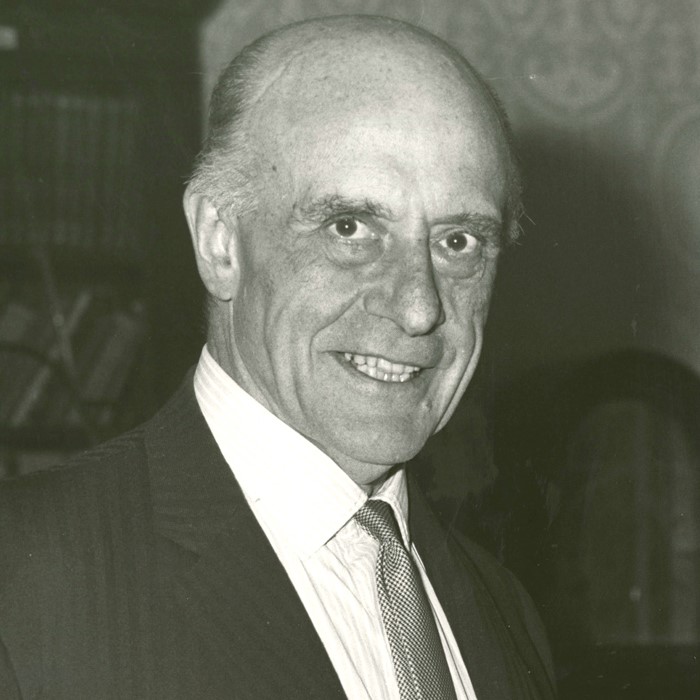Red Scare at the Royal Mint
Following the Second World War, and in the light of increasing tensions in the Cold War, an increasing trend of anti-communist sentiment spread in response to shifting geopolitical developments. The ‘Red Scare’ of the mid-twentieth century was primarily centred in America and known as McCarthyism after Senator Joseph McCarthy, but its influence extended across other English-speaking countries, at all levels of society. With it came a sweeping fear about the infiltration of communist “cells” into American, Canadian, and British Institutions, such as the Royal Mint. A recurring issue at the Deputy Master’s Fortnightly Meeting throughout 1959 was the assertion that the Mint should not employ ‘militant communists’ among its ranks.
The solution sought in January and February of that year was that new recruits to the Royal Mint should be screened by MI5, the security service, to discern the nature of their background and flag up any concerns relating to communism. Delaying new appointments by three weeks, though – the time required for a full screening – proved too lengthy, and a faster but less-comprehensive form of screening was sought. In either case, the Mint’s request to other Government Departments for candidate screening was declined in March. A reply was drafted objecting to the decision, on the grounds that “a small [communist] cell in the Royal Mint might well be able to upset the production of imperial coin at a critical time”.
Minutes of April meetings show some progress on the matter, if not through official channels:
“Mr. Stride reported that M.I.5. had agreed informally to let him know if any militant Communists were taken onto the Royal Mint staff”.
Such an arrangement, though, was not suitable as a long-term solution. It would be difficult, noted Sir John Hastings James, the Deputy Master of the time, for the Mint to justify publicly any dismissals even during probationary periods. The object, he said, “should be to prevent Communists from being recruited” in the first place, and names of those interviewed should be supplied directly to MI5. By June, though, no answer had been received through official channels, and he requested that an official and clear-cut decision should be sought on whether MI5 would scrutinise candidates. Should they refuse, “he would consider using the services of the F.B.I. instead”, such was the perceived gravity of the situation.

An answer was received in July: “M.I.5. had expressed themselves definitely unable to comply with the Deputy Master’s request that they should scrutinise lists of prospective employees and inform him if there were Communists among them”. Such action, they felt, was open to political criticism, particularly if it was undertaken in Government Departments like that of the Royal Mint, where secrecy was not of the upmost importance.
It was a blow to plans made for recruitment, and a meeting was arranged between the Deputy Master and MI5, but no solution could be found. As the Deputy Master reports in a subsequent meeting, MI5 was barred, by explicit instruction from the Government, from screening employees other than those intended for Departments where top-secret work was in progress. As vital as Mint operations were to the economic running of the country, and as much as McCarthyism may have temporarily gripped those in positions of Government Department Power, the Royal Mint was not deemed to be particularly at risk of infiltration by Communist cells.
